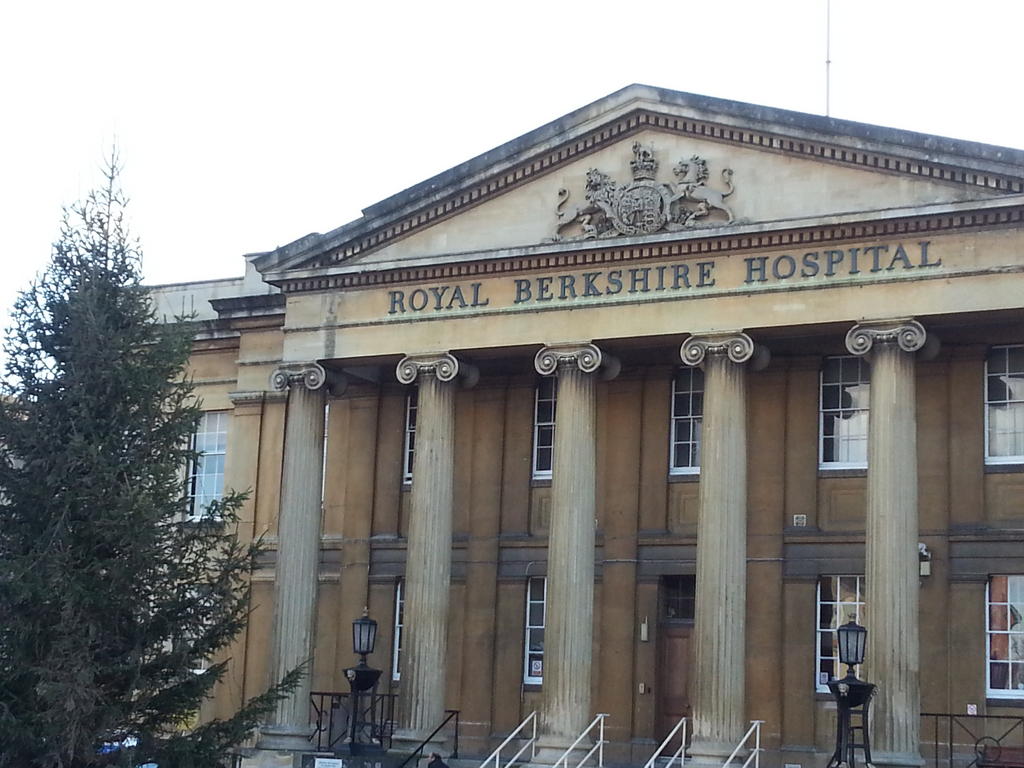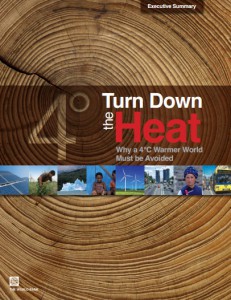 Royal Berkshire Hospital is currently in the progress of upgrading their energy infrastructure to achieve a 25% reduction in our carbon footprint by 2015. The project involves installing a gas powered Combined Heat and Power plant (CHP) which will generate nearly two megawatts of electricity whilst using its waste heat to generate steam and contribute in heating Centre, Maternity and South Blocks. The project is being delivered by Dalkia and the CHP is planned to be operational in April 2013.
Royal Berkshire Hospital is currently in the progress of upgrading their energy infrastructure to achieve a 25% reduction in our carbon footprint by 2015. The project involves installing a gas powered Combined Heat and Power plant (CHP) which will generate nearly two megawatts of electricity whilst using its waste heat to generate steam and contribute in heating Centre, Maternity and South Blocks. The project is being delivered by Dalkia and the CHP is planned to be operational in April 2013.
During the construction of the new CHP energy services from the existing equipment is being maintained to keep the hospital ‘firing on all cylinders’. At the beginning of November, the old 1979 built steam boiler was decommissioned and removed from site making way for the new engine and heat recovery boiler to be delivered next month.
In addition to upgrading the boiler house energy plant, the project includes the lighting refurbishment scheme. To date 850 new high-performance light fittings have been replaced providing savings to the Trust of £16,000 per year.
“A wonderful local carbon reduction business case to be proud of and should be rolled out”


